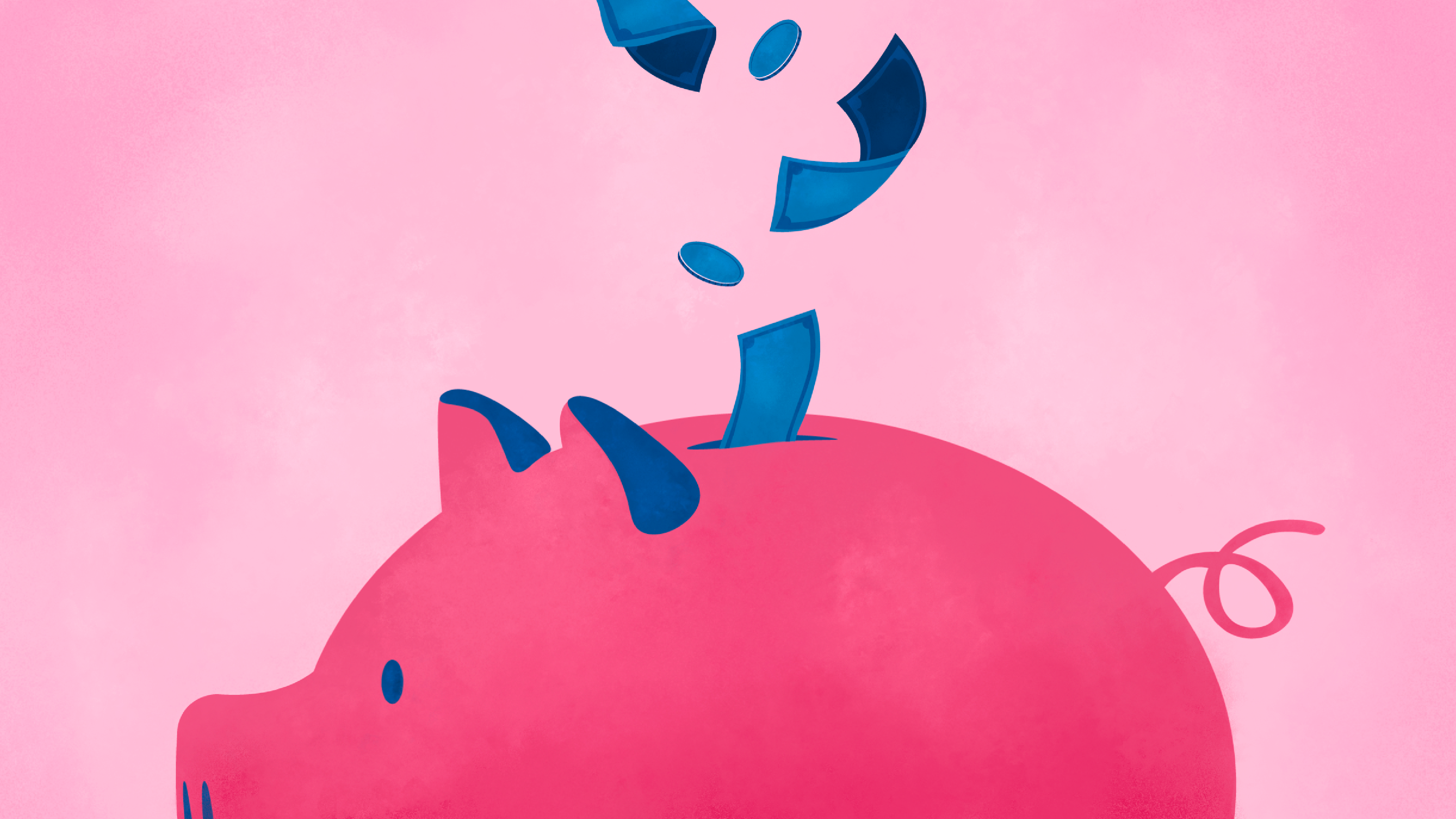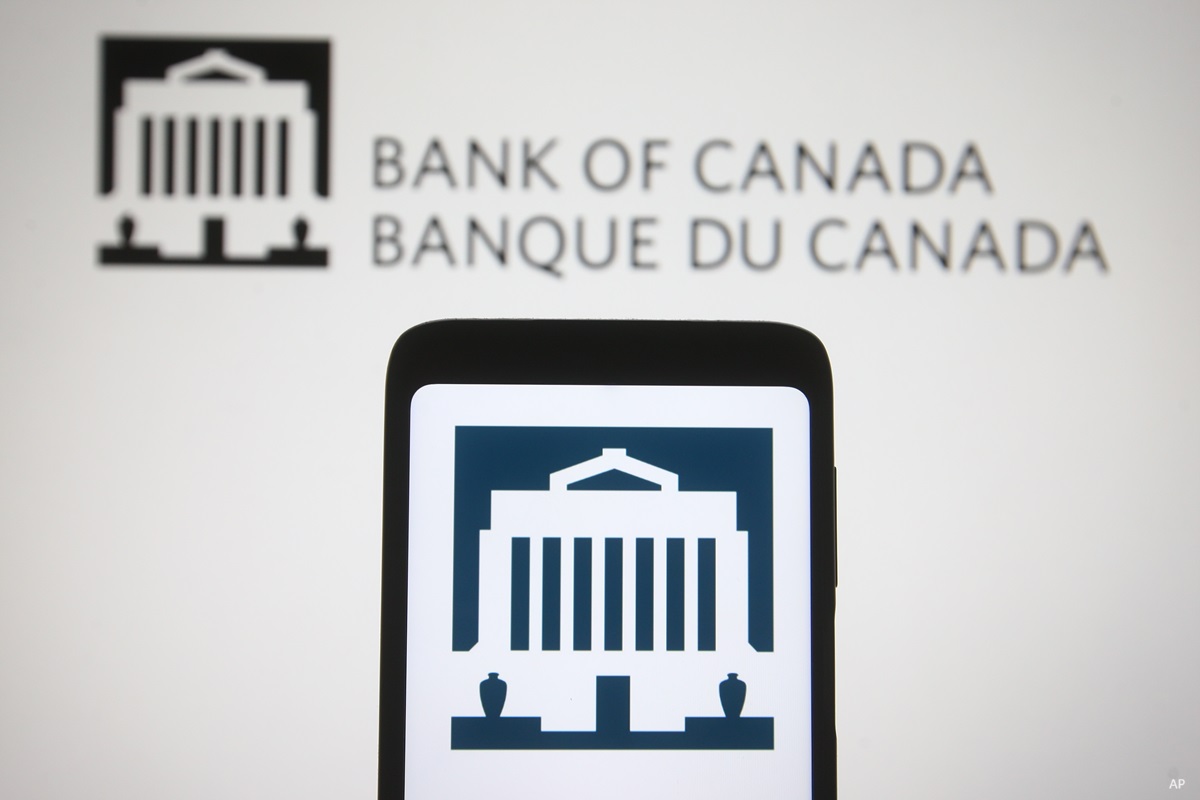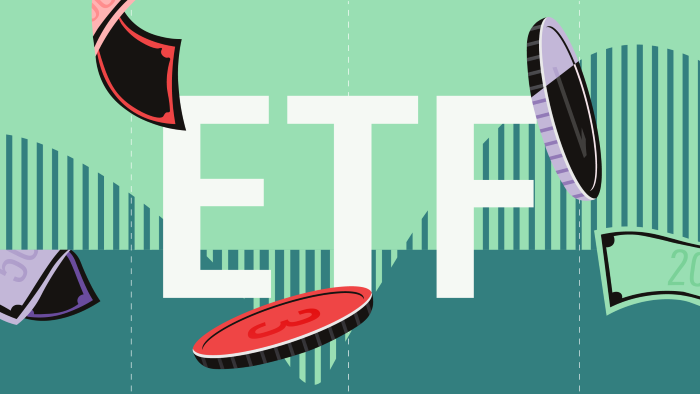
At some point or another, we have all received a note from our banks offering to increase the spending limit on our credit cards. Such an offer is validation of creditworthiness, should you accept the unsolicited offer?
Studies show easy credit can be dangerous. A report from CreditCards.com shows nearly half (47%) of U.S. adults, or about 120 million people, currently have credit card debt. Americans owed a whopping US$1 trillion in credit card debt at the beginning of 2020. The undisciplined attitude towards credit card spending is not limited to Americans. Closer to home, Canadians amassed $100 billion in credit card debt by the end of 2019, and the number is expected to continue to tick higher, not least of which due to the pandemic hit.
Credit cards are a convenient tool for financial transactions and to build a credit history, but the debt can quickly spiral out of control if not used responsibly. To expand a consumer’s borrowing limit is a calculated step by the card issuer with a clear objective of boosting revenue. “What’s behind the offer is to have you use the card as your primary card which in turn will increase the bank’s ability to earn revenue from you in the form of interest and the transactional revenue they earn every time you use the card,” says Scott Hannah, president & CEO at the Credit Counselling Society.
Consumers, he adds, need to ask themselves if they need a higher limit as it “can be tempting to utilize if you are not financially savvy and disciplined,” he says. For that reason, card companies are mandated by the federal government to first ask if their customer wants to accept the offer. In the past, though, creditors would automatically increase the card limit, exposing consumers to more risk in the event of a financial setback caused by unexpected events such as COVID-19.
The Costliest Debt
With double-digit interest rates, a credit card debt is the most expensive of all debt. “If they increase your limit, there is a good chance you may spend more on your credit and pay the bank more interest,” says Kelley Keehn, consumer advocate and best-selling author of Talk Money to Me. If the borrower is not disciplined enough to pay it off in full each month, “the extra increase will cause you to spend and pay excess interest, [which] could be hazardous to your financial well being,” says Keehn.
Often, she says, banks could simply increase the borrowing limit without the cardholder agreeing to it. “If it will cause you to spend on ‘wants’ and get into more debt -- by not paying it off entirely each month -- you may be best to avoid the increase – or ask for it to be reduced if they do it automatically,” Keehn argues.
When to Just Say ‘No’
Consumers should ask themselves if they tend to pay their credit card balance in full each month or tend to carry a balance. “Carrying a balance on a credit card is very expensive and having a higher limit may cause some people to carry an even higher balance as they have more room to spend on their card,” asserts Hannah.
Those who lack the restraint and discipline to use a credit card sensibly should pass up the offer of a higher credit limit, he adds. Further, a larger credit limit could negatively impact other credit decisions, such as a mortgage, a car, or a personal loan. Even if unused, a large credit card limit is still regarded as a potential liability thereby impacting one’s creditworthiness. “While a person may not typically carry a balance on their credit card, creditors will consider the impact on a person’s ability to take on other debt if they were to fully utilize their credit card limit,” says Hannah.
When to Take the Deal
Under certain circumstances, it may make sense to have credit card limit extended. “A lot of people may appreciate an increased limit if, for example, they are travelling, or using their cards for business purchases,” points out Keehn.
A higher credit limit could help tide over short-term financial contingencies. “There could be a situation where you find yourself short of cash due to an unexpected financial emergency, like a vehicle repair,” says Hannah. “Having the ability to pay for it now on credit with the knowledge you can repay the debt quickly makes is sensible to take on the higher limit.”
There’s another thing to consider. “When a person utilizes more than 60% of their credit limit regularly, it may start to impact their credit score,” notes Hannah. “If you typically never go above 50% of your limit, having a higher limit may not be of value to you.”
A credit card is not free money.Ultimately, the decision to accept or decline more credit rests on whether “you have the financial ability and discipline to manage your credit card usage carefully and repay the balance in full each month or within a relatively short period of time,” he adds.
Can a Higher Limit Hurt Your Credit Score?
Higher borrowing limit alone doesn’t dent credit score, but what the consumer does with it can. “Other than missing payments, no one factor is an absolute determining factor of a high or low score,” says Keehn. She cautions, though, that having high “available credit, even if they’re at a zero balance, could, in theory, hurt your score because, at the end of the day, you could max all of that credit out tomorrow.”
A pattern of borrowing could be more detrimental that the limit on one credit card. “What will impact your score is when you apply for a number of different credit cards as it may be seen that you are a person who seeks and uses credit to manage their affairs and is a potential credit risk,” saysHannah.
Expect Rude Shocks
Borrowers should consider the possibility of arbitrary changes to lending terms. A credit card is really a demand loan. “If you’re missing payments or getting behind with other debts, and if your score is slipping, the card issuer can call your account to be paid in full immediately,” Keehn cautions.
A widespread financial crisis, triggered by natural causes or systemic failure, could dramatically alter borrowing agreements. During the 2008 financial crisis and the coronavirus pandemic, many cardholders had their limits slashed, some were even asked to pay the entire balance. “Creditors can lower your limit or close your account immediately for any reason and demand that you stop using the card,” says Hannah.




















